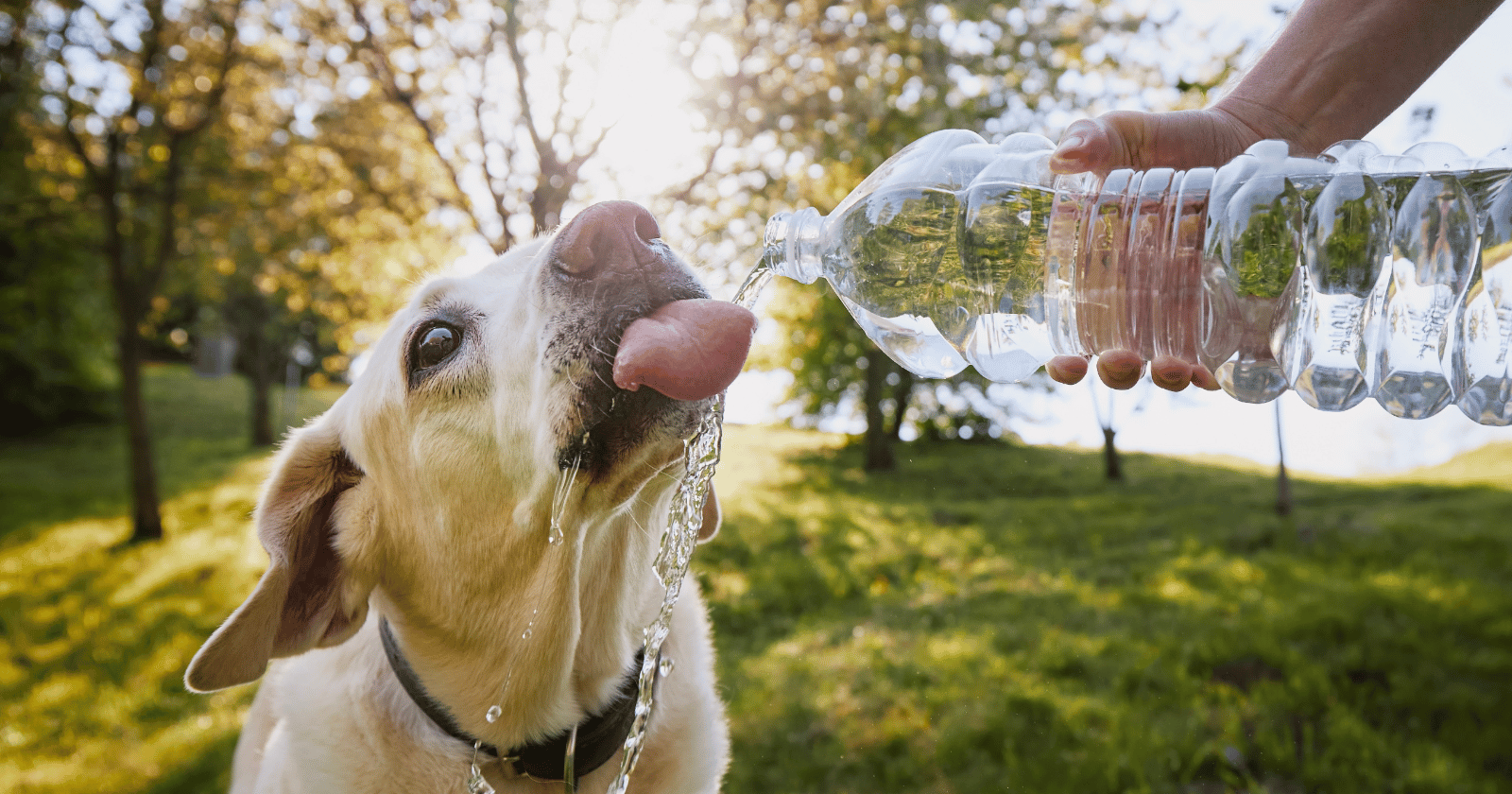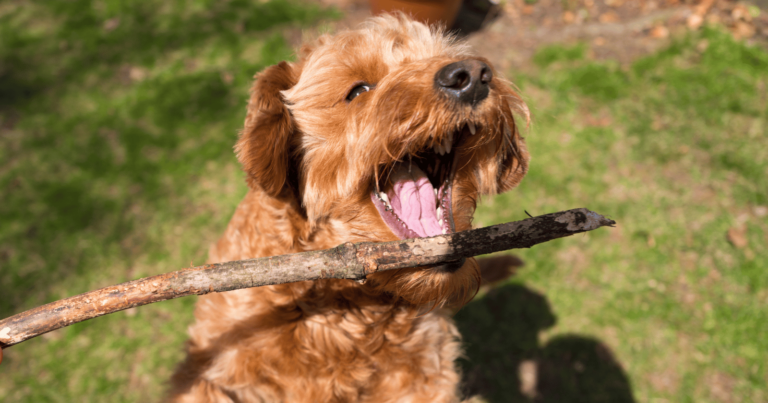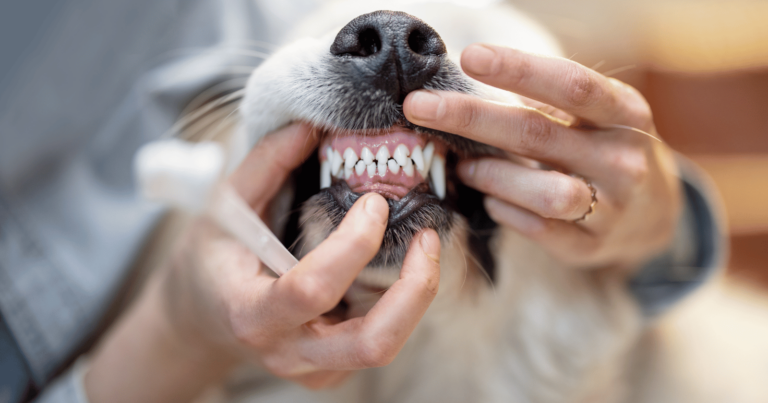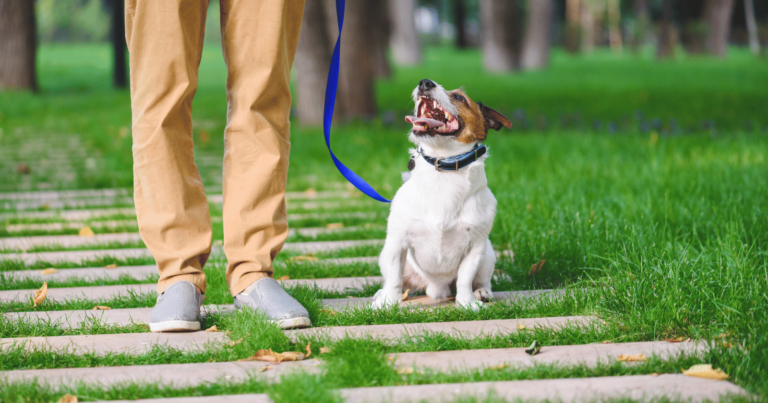Your dog’s kidney health is crucial to its overall well-being.
Just like in humans, kidney function in dogs plays a key role in filtering waste from the bloodstream and maintaining the balance of minerals and electrolytes.
Keeping your dog’s kidneys healthy isn’t just about reacting to issues.
It’s about adopting habits and strategies that support their long-term health.
In this article, we’ll explore eight ways to promote kidney health in your dog.
These are simple, actionable steps that you can start implementing today.
1. Balanced diet
A balanced diet is the cornerstone of your dog’s health.
When we talk about kidney health, the importance of diet can’t be overstated.
The wrong foods can put unnecessary strain on your dog’s kidneys, while the right ones can support optimal function.
But what exactly does a kidney-friendly diet for dogs look like?
Well, it’s about finding a balance.
Too much protein can be hard on the kidneys, but too little can lead to other health problems.
It’s also crucial to limit phosphorous, which can contribute to kidney disease.
Of course, every dog is unique, and their dietary needs may vary based on factors like age, breed, and overall health.
Remember, a balanced diet isn’t just about what your dog eats – it’s also about how much they eat.
Overfeeding can lead to obesity, which in turn increases the risk of kidney issues.
2. Regular hydration

Let me share a personal story with you.
My dog, Bella, is a lively, energetic Labrador Retriever.
A few years back, I noticed she was drinking far less water than usual.
It was summer, and she was spending more time outdoors. Naturally, I was concerned.
Turns out, hydration is key to promoting kidney health in dogs.
Our kidneys – whether they’re in humans or dogs – need water to properly filter waste from the bloodstream.
When we don’t drink enough, it can put strain on these vital organs.
So, I made a conscious effort to ensure Bella had access to clean, fresh water at all times.
Whether we were at home or out on a walk, I made sure Bella was drinking enough.
And guess what?
Her energy levels improved remarkably!
That’s why I always advise dog owners to keep an eye on their pet’s water intake.
Hydration is simple but critical in maintaining your dog’s kidney health.
3. Regular exercise
It might surprise you to learn that dogs, just like humans, can benefit from regular exercise to maintain kidney health.
Physical activity boosts the entire circulatory system, which includes improving blood flow to the kidneys.
This helps the kidneys do their job of removing waste from the body more effectively.
Exercise also keeps your dog’s weight in check.
Obesity in dogs can lead to a host of health problems, including increased risk of kidney disease.
So whether it’s a daily walk in the park, a game of fetch, or a brisk jog around the neighborhood, make sure your furry friend is getting enough physical activity.
4. Regular vet check-ups
It might seem obvious, but regular vet check-ups are essential for ensuring your dog’s kidney health.
Our furry friends can’t tell us when something’s wrong, so it’s up to us to be proactive about their health.
Regularly scheduled vet visits can help catch any potential kidney issues early before they become serious.
Your vet can perform tests to assess kidney function and detect any signs of disease.
They can also provide personalized advice based on your dog’s age, breed, and overall health.
The earlier a problem is detected, the better the chances are of managing it effectively.
5. Limit toxins
There’s no denying it; our world is full of potentially harmful substances.
From cleaning products to certain foods, there are numerous toxins that can seriously affect your dog’s kidney health.
For instance, did you know that grapes and raisins can be toxic for dogs and can cause acute kidney failure?
Other common household items like certain plants, antifreeze, and some medications can also be harmful.
Being aware of these dangers and keeping such items out of your dog’s reach is crucial.
It’s also a good practice to keep an eye on what your dog is sniffing or eating during walks.
By limiting their exposure to toxins, you’re taking a big step toward protecting your dog’s kidneys.
6. Give them lots of love and attention

This might sound like a no-brainer, but nothing beats the power of love and attention when it comes to our furry friends’ health.
Dogs are social creatures, and they thrive on interaction with their human family.
Spending quality time with your dog, showing them affection, and understanding their needs can greatly contribute to their overall well-being, including kidney health.
When your dog feels loved and secure, they are less likely to experience stress.
And yes, just like in humans, prolonged stress can negatively impact a dog’s health, including their kidneys.
It’s not just about physical health but emotional well-being too!
7. Monitor their urination habits
One day, while I was out walking my dog Benny, I noticed he was having trouble urinating.
It was an alarming sight, as Benny had always been healthy and active.
Changes in urination habits can often be an early sign of kidney issues in dogs.
If your dog is having difficulty urinating, or if you notice changes in the color or frequency of their urine, it’s important to seek veterinary advice immediately.
After noticing Benny’s issue, I rushed him to the vet.
Thankfully, we were able to catch his kidney infection early and treat it effectively.
Now, I’m always vigilant about monitoring Benny’s urination habits.
8. Mind their dental health
You might be wondering what dental health has to do with your dog’s kidneys.
Well, it’s quite significant.
Poor dental health in dogs can lead to bacteria entering the bloodstream and reaching the kidneys, causing infections and diseases.
Regular brushing of your dog’s teeth and vet-recommended dental chews can help maintain good oral hygiene and protect their kidneys.
Plus, regular oral check-ups with the vet can ensure that any dental issues are addressed promptly, preventing any potential harm to the kidneys.
So remember, a healthy mouth can lead to healthy kidneys.
Make dental care a regular part of your dog’s health routine.
Healthy kidneys, happy life
Much like us humans, dogs need a balanced diet, regular exercise, proper hydration, and routine health checks to keep their kidneys functioning well.
But beyond these necessities, it’s the love and attention we shower on them that truly makes a difference.
Watching for signs of kidney trouble in your dog isn’t just about being an observant pet parent.
It’s about understanding the silent language of your best friend who can’t verbalize their discomfort.
Whether it’s a slight change in their eating habits or a dip in their usual energy levels, these nuances are often your dog’s way of communicating their health status to you.
And remember, as pet parents, we have the power to prevent kidney-related health issues in our dogs by making informed choices.
Choices that help them lead not just a longer life but a healthier one.













